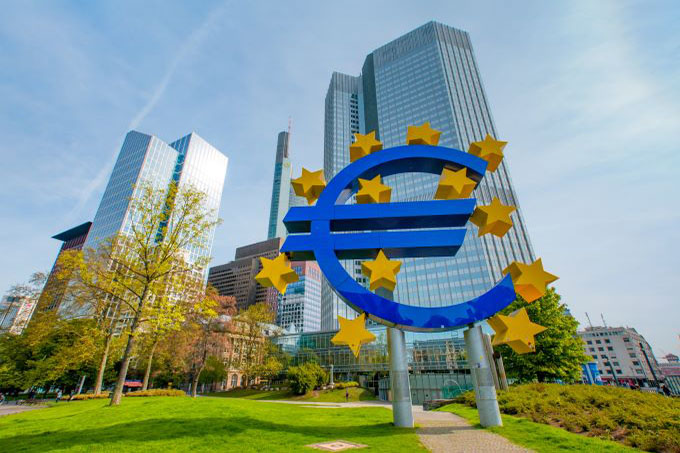The following are the most recent pieces of Forex fundamental analysis from around the world. The Forex fundamental analysis below covers the various currencies on the market and the most recent events, announcements, and global developments that affect the Forex market.
Most Recent
All the world’s markets ended the week higher as optimism and bargain hunting returned to markets. In Europe over the course of the week, the FTSE made 1.8% and closed at 5129.9; the Dax rose by 1.1% to close at 5537.5%; the CAC climbed by 2.3% to end the session at 3087.6.
Gold has always been regarded as the ultimate safe haven when economic storms are raging. The rise in its value can be attributed to the general nervousness, but also, perversely, because of a fear that the US Dollar is depreciating. Gold is priced in Dollars, so as the value of the currency falls, the value of gold rises, providing a nifty hedge against currency depreciation.
Like almost all of the major economies, France has its own debt crisis. The current account deficit stands at 5.7% which is almost twice the Eurozone convergence requirement of 3%.
Top Forex Brokers
After Standard and Poor’s reduction of the credit rating on the world’s largest economy, the USA, fellow ratings agency Moody’s has moved to downgrade the credit rating for the world’s third largest economy, Japan.
On a tour to China, US Vice President, Joe Biden, promised his hosts that the world’s largest economy would never default on its debts. Why is it unthinkable that the Americans should become unable to pay their debts?
The U.S. Dollar closed last week lower by 0.63% after Philadelphia Fed survey which plummeted to -30.7 vs the expected 4.0. End of week Jackson Hole Symposium will determine Greenback's fate for 2011.
All the world’s markets ended the week significantly lower on continuing nervousness and concerns about sovereign debt. In Europe over the course of the week, the FTSE fell 5.3% and closed at 5040.8; the Dax fell by 8.6% to close at 5480%; the CAC weakened by 6.1% to end the session at 3017.
Markets around the world are being driven lower by doubts over the debt crisis afflicting the USA and Europe – although Japan has debts which are more significant – and concerns that the anaemic global recovery is petering out. If the recovery ends, then another recession will ensue and with it demand will fall.
Japan's rate of contraction of the economy in the second quarter of the year was better than expected, coming in at a contraction of 1.3%. Further good news has now emerged in the trade surplus figure for July which came in at ¥72.5 billion ($946 million). However, as they say, the devil is in the detail.
Bonuses & Promotions
The German economy is widely regarded as the powerhouse of Europe and had been seen to be leading the recovery in the region with (relatively) impressive growth figures which made the performance of the rest of the Eurozone look positively lack-lustre.
Figures just released for Japan’s Q2 2011 GDP are better than many analysts had predicted and are stoking optimism that the pace of the recovery in Japan is increasing. Analysts had expected to see annualised contractions of up to 2.6%, but the figure released by the Japanese Cabinet Office shows that the economy contracted by 1.3%.
After registering a record low at 9.323, the U.S. Dollar Index has rallied in 5 waves. Implications are bearish early this week, followed by the next bull leg higher. Learn more about the US Dollar and other major currencies in this comprehensive weekly Forex snapshot.
Subscribe
Sign up to get the latest market updates and free signals directly to your inbox.With the exception of the FTSE, all the world’s markets ended the week lower, despite a late rally, on continuing nervousness and concerns about sovereign debt. In Europe over the course of the week, the FTSE made 1.4% and closed at 5320; the Dax fell by 3.8% to close at 5997.7%; the CAC weakened by 2% to end the session at 3213.9.
China saw a year-on-year inflation rate of 6.5% for July. This increase in the annual inflation rate has occurred despite five interventions by the Chinese central bank to raise interest rates since October 2010.
One traditional safe haven is gold and regular readers to these articles will have charted the inexorable rise of gold to new highs; a trend that still has a way to go as world markets continue to be in turmoil. A second traditional safe haven is to find a currency that investors see as rock solid and convert funds to it.




